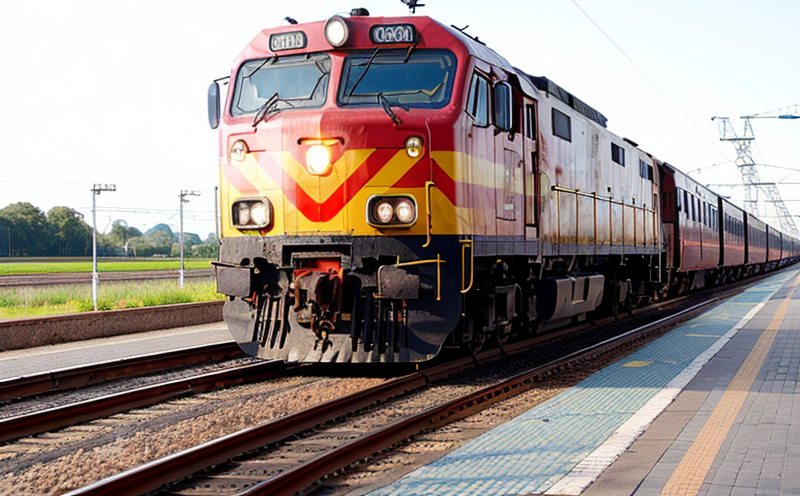Railway Operations and Compliance: Ensuring Safety and Efficiency
The railway industry is a complex network of infrastructure, equipment, and personnel working together to transport millions of passengers and tons of freight every day. Railway operations involve a multitude of tasks, from planning and scheduling to maintenance and repairs. However, with great responsibility comes great regulation, and compliance is an essential aspect of maintaining safe and efficient operations.
Compliance in Railway Operations
Railway companies must adhere to numerous regulations, guidelines, and standards set by government agencies, international organizations, and industry associations. Compliance involves ensuring that all aspects of railway operations meet or exceed these requirements, from safety protocols to environmental practices. Non-compliance can result in severe consequences, including fines, penalties, and even shutdowns.
Some key areas where compliance is crucial include:
Safety regulations: Railway companies must comply with national and international safety standards, such as those set by the Federal Railroad Administration (FRA) in the United States or the European Unions Technical Specification for Interoperability (TSI).
Environmental protection: Railways must adhere to environmental regulations, including noise pollution limits, emissions standards, and waste management practices.
Security protocols: Railway companies must implement robust security measures to prevent theft, vandalism, and other crimes.
Detailed Overview of Key Aspects of Railway Operations
Here is a detailed overview of two key aspects of railway operations in bullet point format:
Railway Infrastructure Management
Some key considerations for railway infrastructure management include:
Track maintenance: Regular inspections and maintenance are necessary to ensure the integrity of tracks, including:
Inspection of track geometry, including gauge, cant, and superelevation
Maintenance of ballast and drainage systems
Replacement or repair of worn-out or damaged components
Signaling and communication systems: Modern signaling systems enable efficient movement of trains while ensuring safety. Some key considerations include:
Installation and maintenance of track circuits, signals, and interlockings
Communication systems for train-to-ground and train-to-train communication
Integration with other infrastructure components, such as traffic management systems
Train Operations Planning
Some key considerations for train operations planning include:
Timetable and schedule: Effective planning ensures efficient movement of trains while minimizing delays. Key considerations include:
Coordination with multiple stakeholders, including dispatchers, drivers, and maintenance personnel
Optimization of routes, schedules, and resource allocation
Regular review and revision to adapt to changing circumstances
Resource allocation: Train operations require significant resources, including locomotives, wagons, and personnel. Key considerations include:
Allocation of resources based on operational needs and constraints
Management of spare parts, fuel, and other consumables
Maintenance scheduling to minimize downtime and ensure efficient operations
QA Section
Here are some additional questions related to railway operations and compliance:
1. What are the key benefits of implementing a robust compliance program in railway operations?
Improved safety and reduced risk of accidents
Enhanced reputation and credibility with regulatory bodies and customers
Reduced costs associated with non-compliance and potential fines
2. How can railway companies ensure effective communication between different departments and stakeholders?
Implementing standard operating procedures (SOPs) for communication
Establishing regular meetings and updates between departments
Utilizing digital tools and platforms for real-time information sharing
3. What role do regulations play in ensuring compliance in railway operations?
Providing a framework for safe and efficient operations
Ensuring consistency and fairness across the industry
Encouraging innovation and improvement through regular updates and revisions
Conclusion
Railway operations involve numerous complex tasks and considerations, from infrastructure management to train operations planning. Compliance with regulations is essential to ensuring safety and efficiency in railway operations. By understanding key aspects of compliance and implementing a robust program, railway companies can reduce risks, enhance their reputation, and optimize operational performance.

































